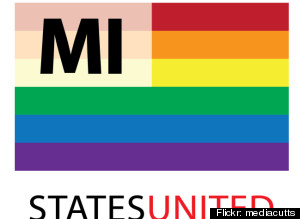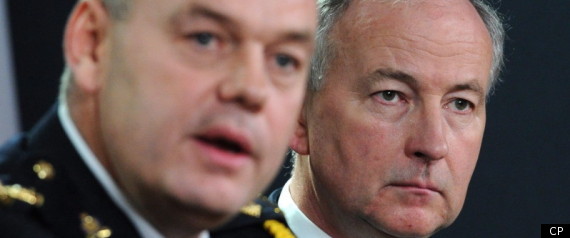The image of the G20’s rising giants is enticing: Chinese tourists trotting the globe, Indians lining up for electronic luxuries, Russian petrodollars fuelling designer boutiques.
But the reality for many in the world’s most prosperous countries is far grimmer, says a report released Thursday by the international charity Oxfam. And economic growth numbers tell only a fraction of the story.
“This report shows why anger about income inequality sparked protests that have swept the world, from Tahrir Square to Wall Street,” says Oxfam Canada’s executive director Robert Fox. “More than half of the world’s poorest people live in G20 countries, making them a key battleground in the fight against global poverty.”
But within many wealthier countries — including Canada — the battle appears to be a losing one.
“Income inequality is growing in almost all G20 members, while it is falling in most low- and lower-middle-income countries,” says the report, titled “Left Behind by the G20?”
Since 1990, it says, income inequality has increased in 14 of the 18 G20 countries for which there are comparable statistics. Canada comes fifth on the list of countries with the fastest-growing gaps, following Russia, China, Japan and South Africa. However, little of Canada’s inequality growth has happened since 2000.
But the reality for many in the world’s most prosperous countries is far grimmer, says a report released Thursday by the international charity Oxfam. And economic growth numbers tell only a fraction of the story.
“This report shows why anger about income inequality sparked protests that have swept the world, from Tahrir Square to Wall Street,” says Oxfam Canada’s executive director Robert Fox. “More than half of the world’s poorest people live in G20 countries, making them a key battleground in the fight against global poverty.”
But within many wealthier countries — including Canada — the battle appears to be a losing one.
“Income inequality is growing in almost all G20 members, while it is falling in most low- and lower-middle-income countries,” says the report, titled “Left Behind by the G20?”
Since 1990, it says, income inequality has increased in 14 of the 18 G20 countries for which there are comparable statistics. Canada comes fifth on the list of countries with the fastest-growing gaps, following Russia, China, Japan and South Africa. However, little of Canada’s inequality growth has happened since 2000.





























